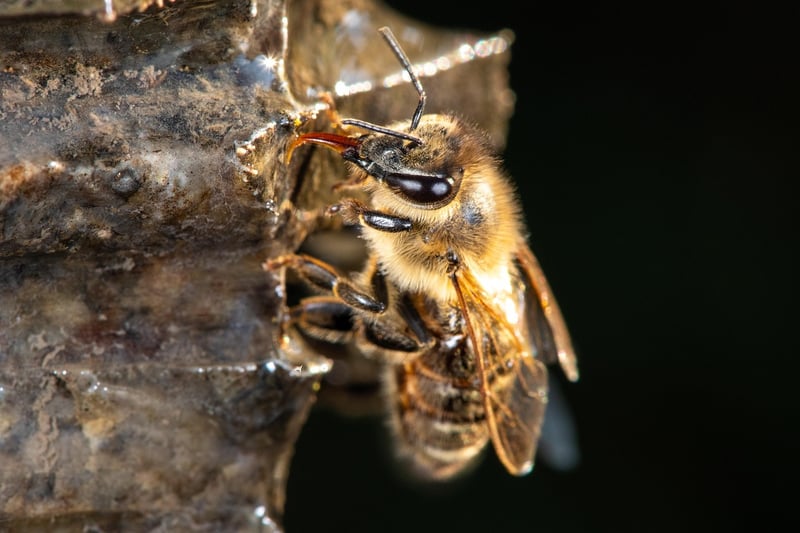Pest Control
Keeping Your Garden Healthy: Tips for Pest Control
Welcome to our guide on how to keep your garden healthy by effectively managing pests. A flourishing garden can be a source of joy and beauty, but unwanted pests can quickly turn it into a battleground. By following some simple tips and techniques, you can protect your plants and maintain a thriving garden ecosystem.
Identifying Common Garden Pests
Before you can effectively control pests in your garden, it's essential to know what you're up against. Common garden pests include aphids, slugs, snails, caterpillars, and spider mites. By recognizing the signs of pest damage, you can take action to prevent further infestation.
Natural Pest Control Methods
One of the best ways to protect your garden from pests is by using natural control methods. These methods are environmentally friendly and safe for beneficial insects. Some effective natural pest control methods include:
- Attracting beneficial insects like ladybugs and lacewings
- Using neem oil or insecticidal soap to deter pests
- Planting companion plants that repel pests
- Handpicking pests off your plants
Organic Pest Control Products
If natural methods alone are not sufficient to control pests in your garden, you may consider using organic pest control products. These products are derived from natural sources and are less harmful to the environment compared to synthetic chemicals. Some popular organic pest control products include:
- Diatomaceous earth
- Pyrethrin-based insecticides
- Garlic or chili pepper sprays
- Beneficial nematodes
Preventing Pest Infestations
Prevention is key to maintaining a healthy garden. By following these preventive measures, you can reduce the risk of pest infestations:
- Keep your garden clean and free of debris
- Water your plants properly to prevent stress
- Mulch around plants to retain moisture and deter pests
- Rotate crops to disrupt pest life cycles
Conclusion
With a combination of natural control methods, organic pest control products, and preventive measures, you can keep your garden healthy and pest-free. By being proactive and attentive to your plants' needs, you can create a thriving garden that brings you joy and satisfaction.
Remember, a healthy garden is a happy garden!

Image source: Pixabay
